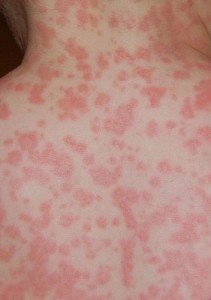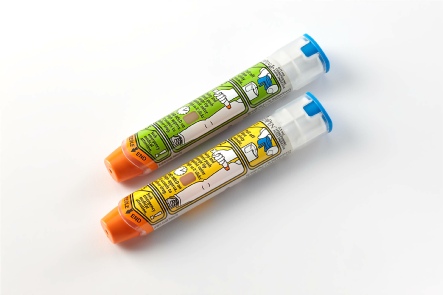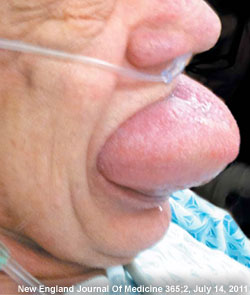Classification
cells
Cell composition
Cell Death
Cell division
Cellular Respiration
DNA replication
Ecosystems
Enzymes
Evolution
Gene regulation
Homeostasis
Hormone systems
immune system
Inheritance
Membrane movement and enviroments
Nervous system
Organelles
Organs and Organ Systems
Photosynthesis
Plants
Protein synthesis
Types of reactions
Timeline









